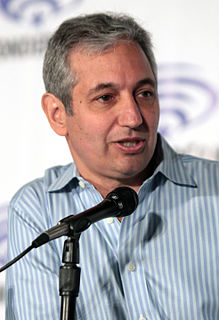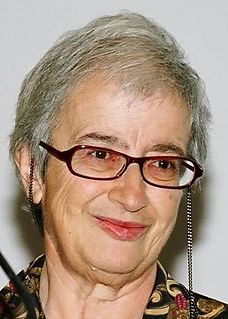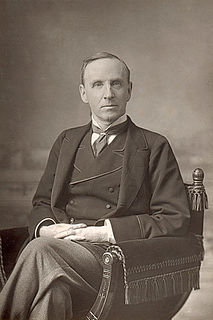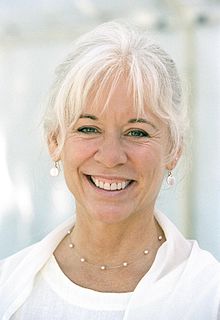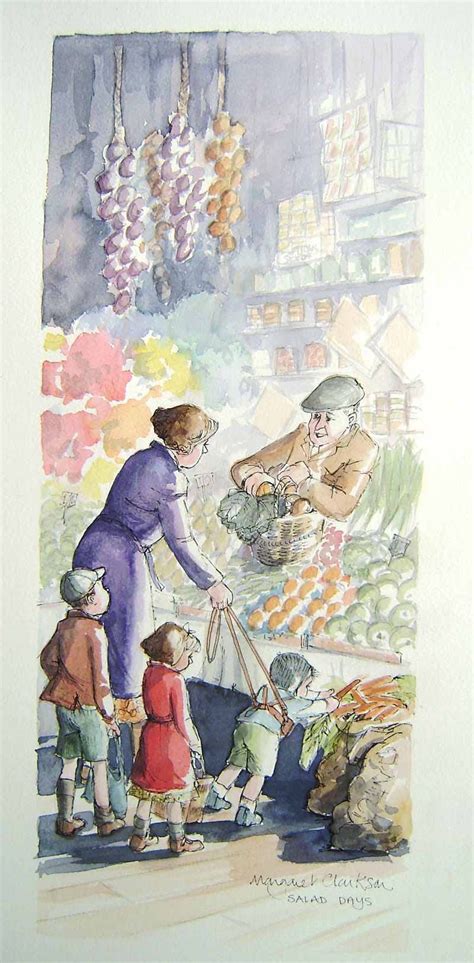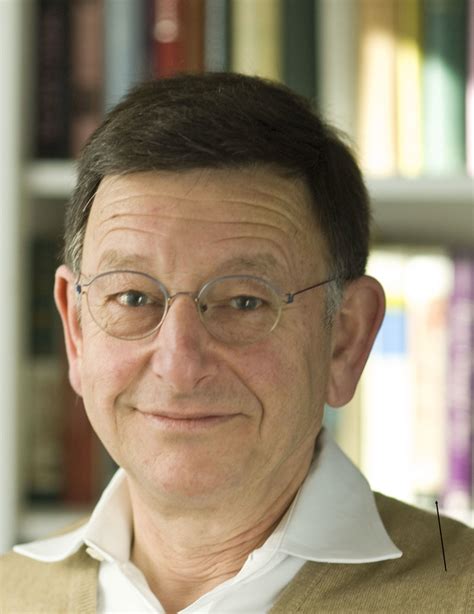A Quote by Suzy Kassem
Never trust the translation or interpretation of something without first trusting its interpreter.
Quote Topics
Related Quotes
Never trust the translation or interpretation of something without first trusting its interpreter. One word absent from a sentence can drastically change the true intended meaning of the entire sentence. For instance, if the word love is intentionally or accidentally replaced with hate in a sentence, its effect could trigger a war or false dogma.
All knowledge that is about human society, and not about the natural world, is historical knowledge, and therefore rests upon judgment and interpretation. This is not to say that facts or data are nonexistent, but that facts get their importance from what is made of them in interpretation… for interpretations depend very much on who the interpreter is, who he or she is addressing, what his or her purpose is, at what historical moment the interpretation takes place.
Trust is essential for our social wellbeing. Without trusting the good will of others we retreat into bureaucracy, rules and demands for more law and order. Trust is based on positive experiences with other people an it grows with use. We need to trust that others are going be basically reasonable beings.
In translation studies we talk about domestication - translation styles that make something familiar - or estrangement - translation styles that make something radically different. I use a lot of both in my translation, and modernism does both. For instance, if you look at the way James Joyce presents Ulysses, is that domesticating a classic? Think of it as an experiment in relation to a well-known text in another language.
Trusting yourself is realizing yourself. Trusting life is realizing yourself as life. This is an invitation to our thinking minds to open in trust. We can trust that there is a knowing that is out of the realm of thoughts or emotions or circumstances. When we deeply trust, our minds open to discover what is true, regardless of what we are feeling. The deepest trust is a by-product of this true realization.
When you get into a tight place, and everything goes against you till it seems as if you could n't hold on a minute longer, never give up then, for that 's just the place and time that the tide'll turn. Never trust to prayer without using every means in your power, and never use the means without trusting in prayer. Get your evidences of grace by pressing forward to the mark, and not by groping with a lantern after the boundary-lines, - and so, boys, go, and God bless you!
On accepting adversity in our lives: Always it is initiated by an act of will on our part; we set ourselves to believe in the overruling goodness, providence, and sovereignty of God and refuse to turn aside no matter what may come, no matter how we may feel. I mistakenly thought I could not trust God unless I felt like trusting Him. Now I am learning that trusting God is first of all a matter of the will. I choose to trust in God, and my feelings eventually follow.
The practice of translation rests on two presuppositions. The first is that we are all different: we speak different tongues, and see the world in ways that are deeply influenced by the particular features of the tongue that we speak. The second is that we are all the same - that we can share the same broad and narrow kinds of feelings, information, understandings, and so forth. Without both of these suppositions, translation could not exist. Nor could anything we would like to call social life. Translation is another name for the human condition.
It took a pretty drastic moment to shift my thinking towards visual arts. I got to a moment in my writing career when I wasn't trusting the language, I was really not trusting the written language, the English language. How do you work with a material that you don't have trust in? I had to step away from it and find another way of articulating and I had to do it without words.



